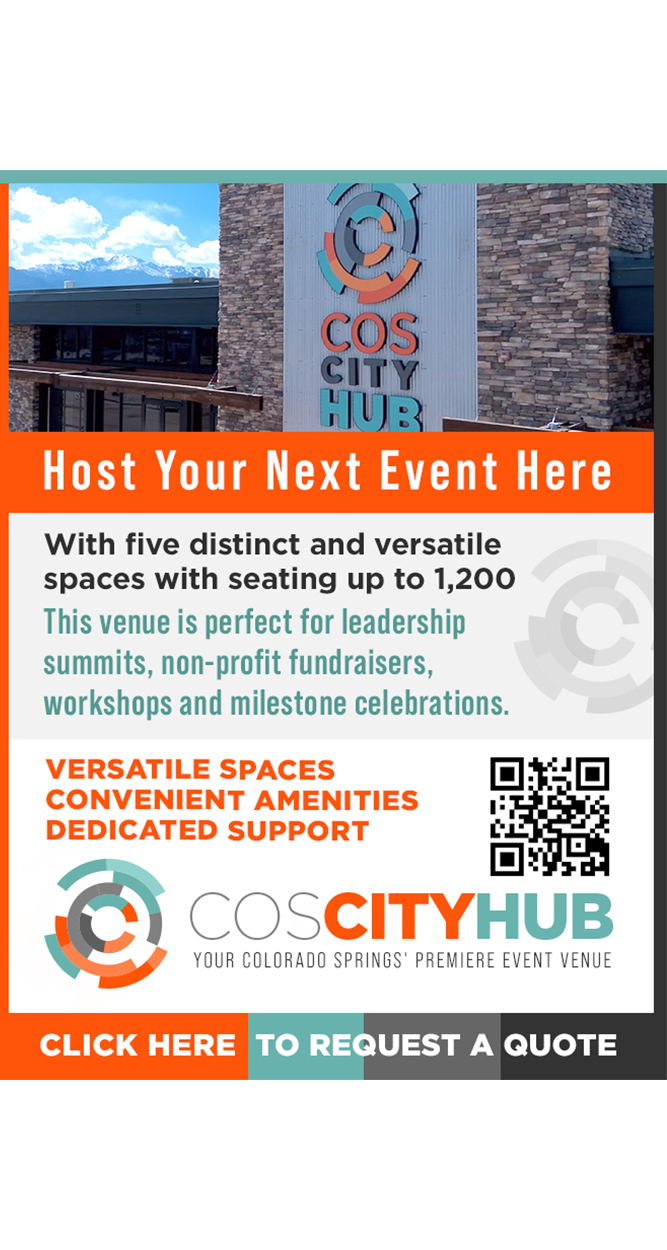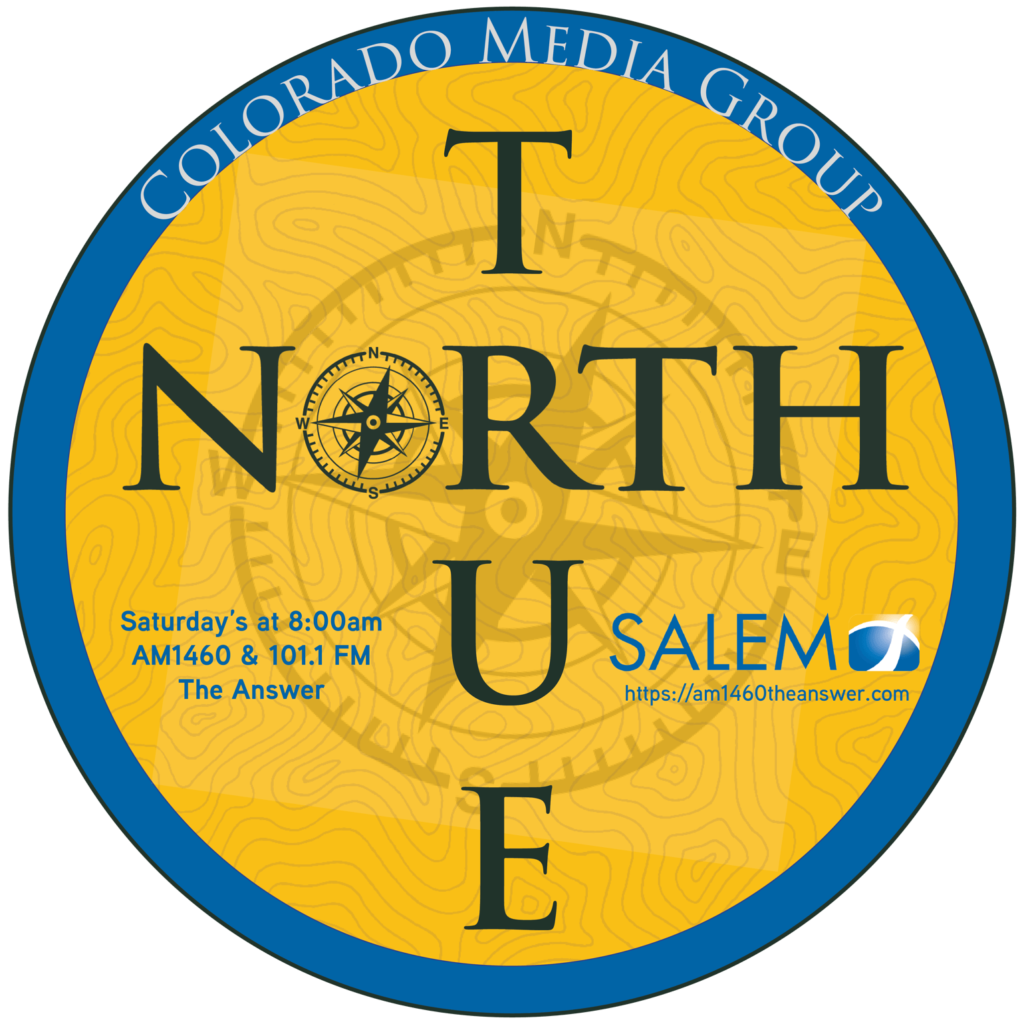Interview & Article by Wayne Heilman, Senior Writer – So. Colorado Business Digest
J.W. Roth is betting more than $1 billion that he can build a network of outdoor amphitheaters during the next few years that will attract thousands of music fans 50-60 times each summer to hear big-name musical and comedy artists.
The Colorado Springs entrepreneur believes upscale venues in locations without much competition will deliver consistent profits and cash flow to stockholders in his company, VENU Holding Corp., as well as to investors in luxury “fire-pit” suites at the amphitheaters and in real estate investment vehicles that own the land on which the entertainment complex is built. The first location, the 8,000-seat Ford Amphitheater in Colorado Springs, opens Aug. 9.
“I’m taking a risk, but it is a calculated risk,” Roth said in a recent interview. “Some would say I risked it all, but my risk tolerance was all based on calculations. Those calculations were based on really strong analytics that told me I could do what I was trying to do. I would say we have won the gamble to date, but I’m not ready to spike the football yet. I will be ready to that when the first five of these (amphitheaters) are open and profitable. We are about 24 months away from that.”
VENU has announced plans for six amphitheaters in Colorado Springs; Murfreesboro, Tenn.; El Paso and McKinney, Texas, and Broken Arrow and Oklahoma City, Okla., and Roth says the company plans to announce plans by year’s end for four more. The company must find new locations in Oklahoma City after city officials rejected the company’s first site and Tennessee after determining the project wasn’t financially feasible.
“We pulled the plug (in Tennessee) because that amphitheater was the smallest at 4,500 seats and they wanted us also to build a Bourbon Brothers (restaurant) and a Boot Barn Hall (indoor concert venue). With the interest rates and construction costs it just didn’t make sense,” Roth said. “In Oklahoma City, the issue wasn’t noise as some said it was. It was a traffic problem. We will announce a new location there in four weeks (mid-August).”
Roth says construction of the Colorado Springs project will be complete by the end of July and he plans to host a free concert Aug. 6 by country star Phil Vassar for 6,000 people to thank construction workers and others who “helped” the project in some way. He says the event also will check and test the amphitheater’s audio-visual systems, food and beverage operations and security, among other operations and systems, to make sure all work properly.
The cost of local amphitheater has escalated from the company’s original $60 million estimate to about $110 million because of rising cost of concrete and other construction materials, a related company buying the amphitheater site instead of leasing it from the developer of the Northgate area and Roth converting a planned $5 million sound wall on the east end of the project into a $35 million events center, Roth said.
“When I realized I needed to build a sound wall, I thought one night lying in bed that I should turn it into something that I could make money on it,” Roth said. That center will house an upscale restaurant called Roth’s Seafood & Chophouse, a craft-cocktail bar called Brohan’s and a series of hospitality suites to host large events such as conferences, weddings, expos, trade shows, conventions and other special events.
Roth has ambitious construction plans for his next three locations:
- Construction began about a month ago on a 12,500-seat amphitheater in Broken Arrow, near Tulsa, and the company is spending about $1 million a week on the $110 million project with a planned opening by September 2025, Roth said.
- The company plans to begin construction on a 20,000-seat, $300 million amphitheater in McKinney, a Dallas suburb, by Aug. 15 with a mid-2026 opening.
- Construction of a 12,500-seat amphitheater in El Paso is expected to begin in September with the $110 million project projected to open in early 2026.
Besides a new location in Oklahoma City, Roth also plans to announce plans by year’s end for amphitheaters in northern Colorado, South Carolina and another location in Texas. Roth says the cost of the eight locations total nearly $1.3 billion
The company says on its website it targets high-visibility locations in cities with a growing population, available financial incentives and little competition from similar venues. The website lists target markets in Alabama, Arkansas, Florida, Georgia, Kentucky and Tennessee.
Roth is financing the amphitheaters from three major sources:
- Municipalities contribute between 35%-40% of the cost through land, parking and other infrastructure improvements and tax incentives that can be used to secure financing. For example, the city of Broken Arrow, Okla., is contributing 30 acres for parking and infrastructure and has agreed to make $17.8 million in capital improvements for the project, which will be financed with bonds or notes issued by a city agency backed by sales, hotel and other taxes.
Roth said this element of the plan is modeled after The Star in Frisco, the $1.5 billion, 91-acre complex north of Dallas that is the headquarters and practice facilities for the NFL’s Dallas Cowboys, built with $115 million in public funding. VENU hired former Frisco Mayor Maher Maso, now a principal in a Dallas tax and government incentive consulting firm, to help the company secure incentive deals for its amphitheaters.
“Our business model for the amphitheaters on public-private partnerships based on what (Cowboys owner) Jerry Jones did with football (in Frisco). I wanted to bring that to music by creating a model to make that work,” Roth says.
The Ford Amphitheater has no public financing element since its site was owned by a developer and not a government agency. Roth also says he needed to establish a successful track record to show municipalities that his financial plans work.
- Fire-pit suites, an upscale eight-seat suite at each amphitheater that VENU now sells for $500,000 that entitles owners to a split of $5 from every ticket sold and receive eight tickets to each concert. Sales of the suites also generate 35%-40% of the cost of each amphitheater. VENU, then called Notes Live, generated $22.5 million from selling 92 such suites at the Ford Amphitheater for $250,000 each and plans to lease 40 more to investors for 99 years.
Since the suites are sold as unregistered investments, suite owners must be accredited investors, meaning individuals must have an annual income of at least $200,000 ($300,000 for a couple) and a net worth of at least $1 million, not including a primary home. Roth says VENU’s fire-pit suite investors are split between large companies, groups of doctors, lawyers, accountants and other professionals and wealthy families and individuals.
Roth says VENU plans to buy a larger share of the suites – the company is buying $50 million in suites at its Tulsa amphitheater – because each fire-pit generates up to $1,200 per show in revenue from ticket sales, which would mean more cash flow for the company. He says “taking cash off (VENU’s) balance sheet and converting it to real estate” to produce cash flow “has been the strategy since day one.”
- An investment vehicle called Delaware Statutory Trusts, or owner’s clubs, that operate much like real estate investment trusts that buy the land on which each amphitheater is built and lease it to VENU. Funds from the land sales generate about 20% of the cost of each amphitheater. Roth says selling the underlying land to the trusts reduces how many suites VENU must sell to finance each amphitheater, possibly as low as 10% of the suits at each location.
VENU also is selling naming rights to each amphitheater and said in a registration statement filed in May with the Securities and Exchange Commission that it is expected to generate up to $2 million a year for each location. Naming rights in Colorado Springs were sold in June to 40 Colorado Ford dealers in a 10-year deal. The company also plans to sell sponsorships to individual concerts that are expected to generate $250,000 per year for each location.
VENU also estimated in the registration statement that each amphitheater will host 50 shows a year that it estimates will generate $60 million in ticket sales, though it has hired promoters AEG Worldwide to operate and sell tickets for the Ford Amphitheater and Live Nation Entertainment to operate and sell tickets for the amphitheater in Broken Arrow. No operators have yet been named for the McKinney or El Paso locations.
VENU’s stock likely will start trading on the New York Stock Exchange in September after completing a merger with Fresh Vine Wine, a financially troubled wine company in North Carolina that will shut down after the deal is completed. The merger helps VENU attract more investors, allow existing shareholders to cash out and helps it attract additional capital though Roth says no more offerings are planned after the company sold $30 million in a January private offering.
Roth has a big stake in VENU’s $1 billion-plus gamble – he will own 11.6 million shares, or 31.4% of VENU’s stock and be its biggest shareholder, once the merger is completed, and he has personally guaranteed nearly $20 million in bank loans and other debt on behalf of the company.
Roth said his financial strategy for the amphitheaters has three significant risks:
- Could VENU sell firepit suites? If not, Roth says the rest of the strategy would have collapsed. The company sold all 92 suites at Ford Amphitheater in 14 weeks for $22.5 million. Suite sales are underway in Broken Arrow, Okla., and McKinney, Texas.
- Could VENU find promoters to operate the amphitheaters? The company has already signed agreements with both AEG Worldwide and Live Nation Entertainment. Roth said promoters were eager to work with VENU since few new concert venues have been built or planned in recent years.
- Could VENU convince municipalities to form public-private partnerships to help finance construction of the amphitheaters? The company already has amphitheater deals with Broken Arrow, Okla., and McKinney and El Paso, Texas.
There are three other factors that Roth lies in bed worrying about:
- VENU estimated construction costs while developing its financial plans, but the cost of concrete and other materials have surged during construction and those increases don’t show signs of slowing.
- Concert ticket buyers have been plentiful in today’s economy, but Roth said amphitheater projects become riskier if consumers are forced to chose between buying groceries or concert tickets.
- While weather isn’t a factor for the company’s other amphitheaters, which will be built with covered seating, seating at the Colorado Springs location is not covered so concert attendees can see the mountain backdrop, Roth said. The local amphitheater is designed to drain and dry moisture quickly, but VENU estimates it could lose 3%-5% of its concert dates to hailstorms or heavy rainstorms.














